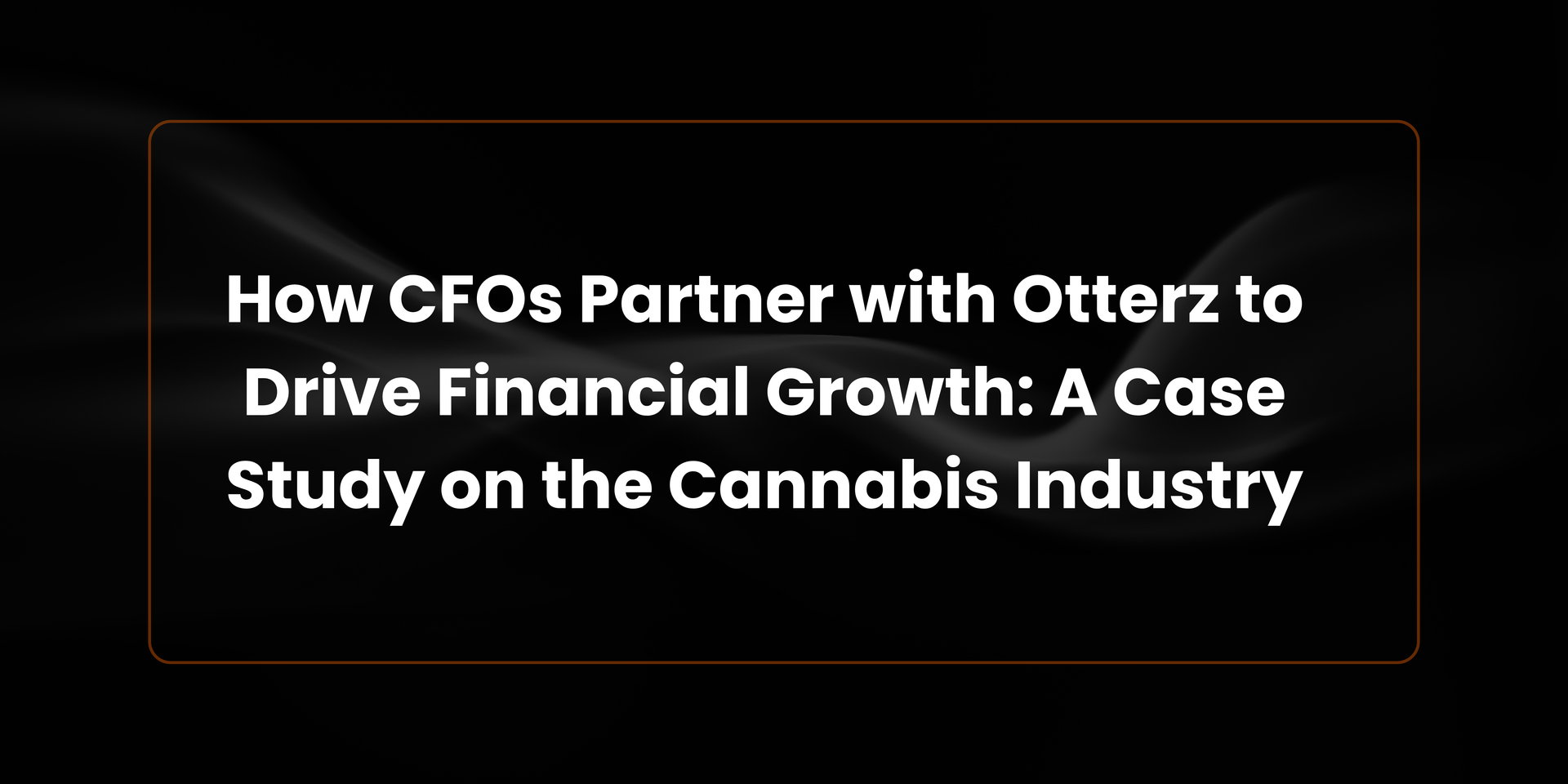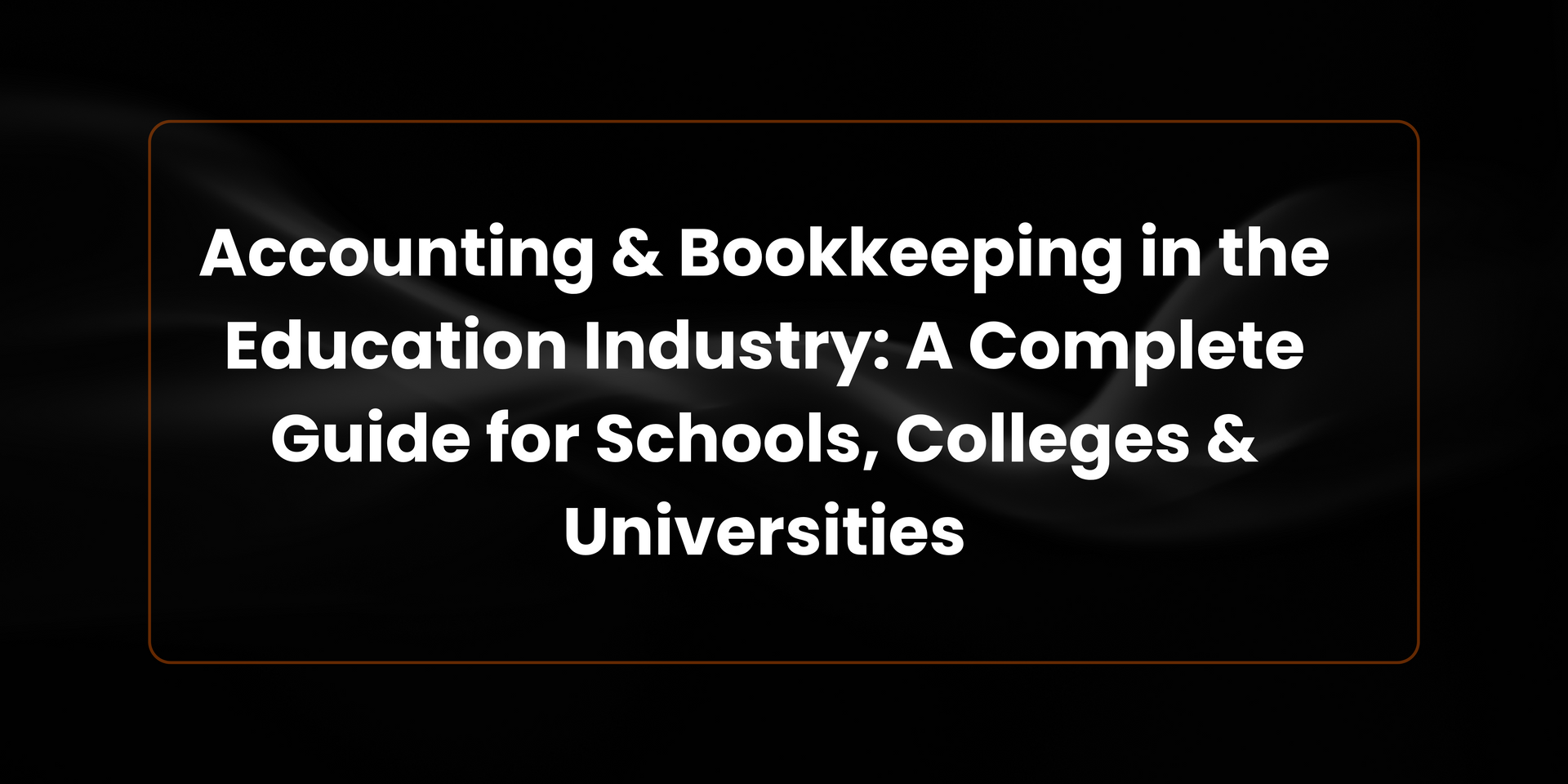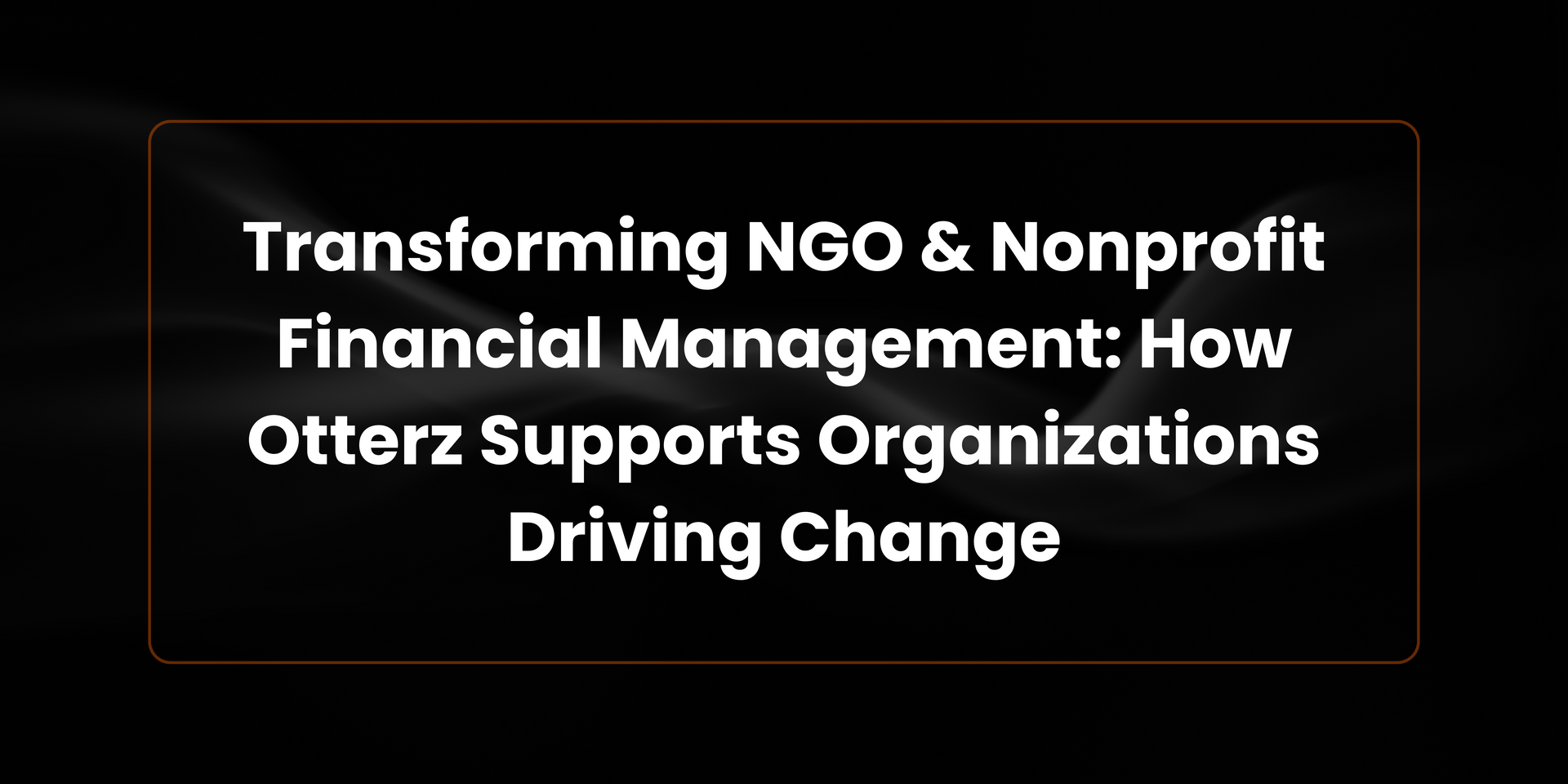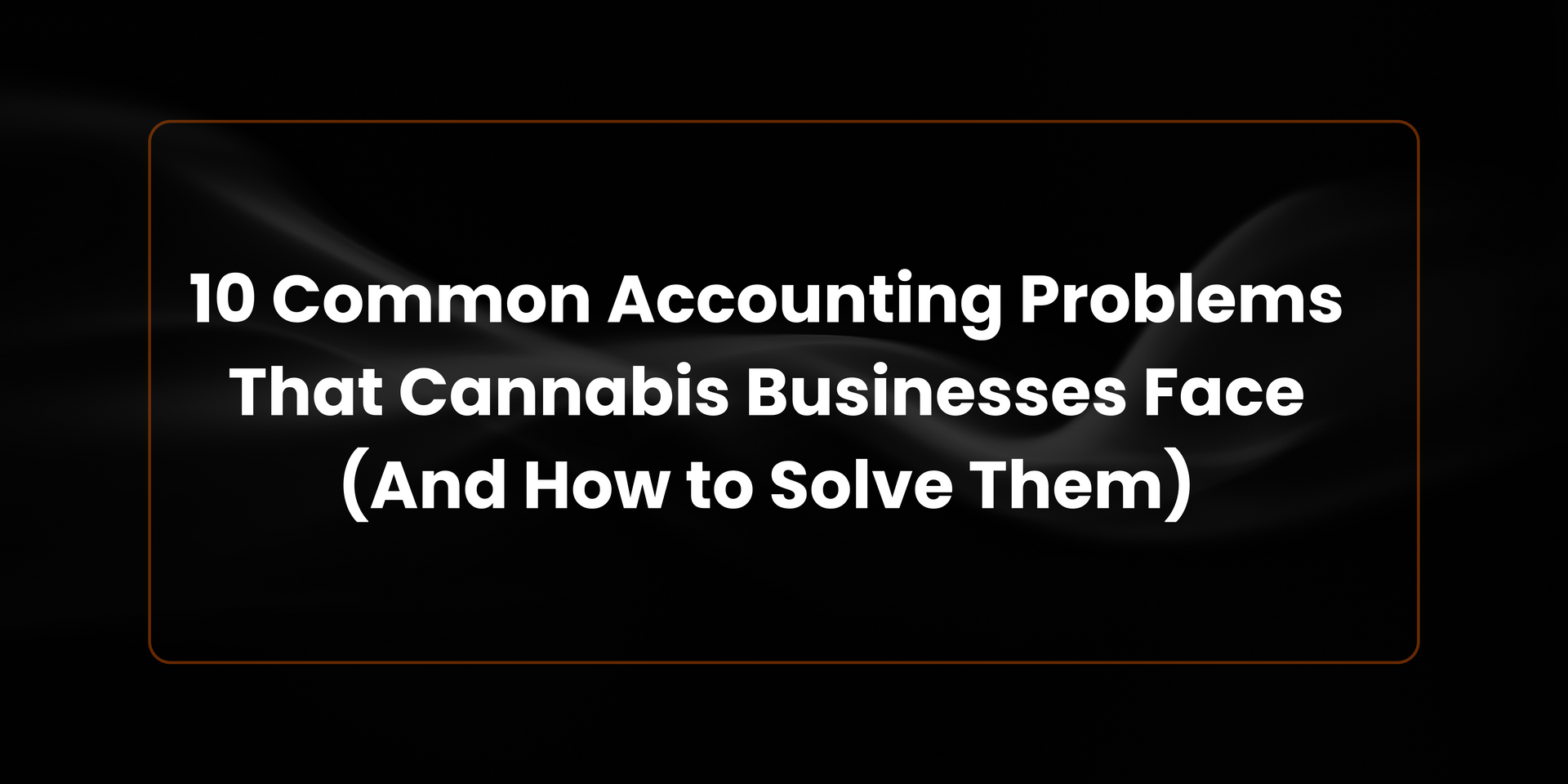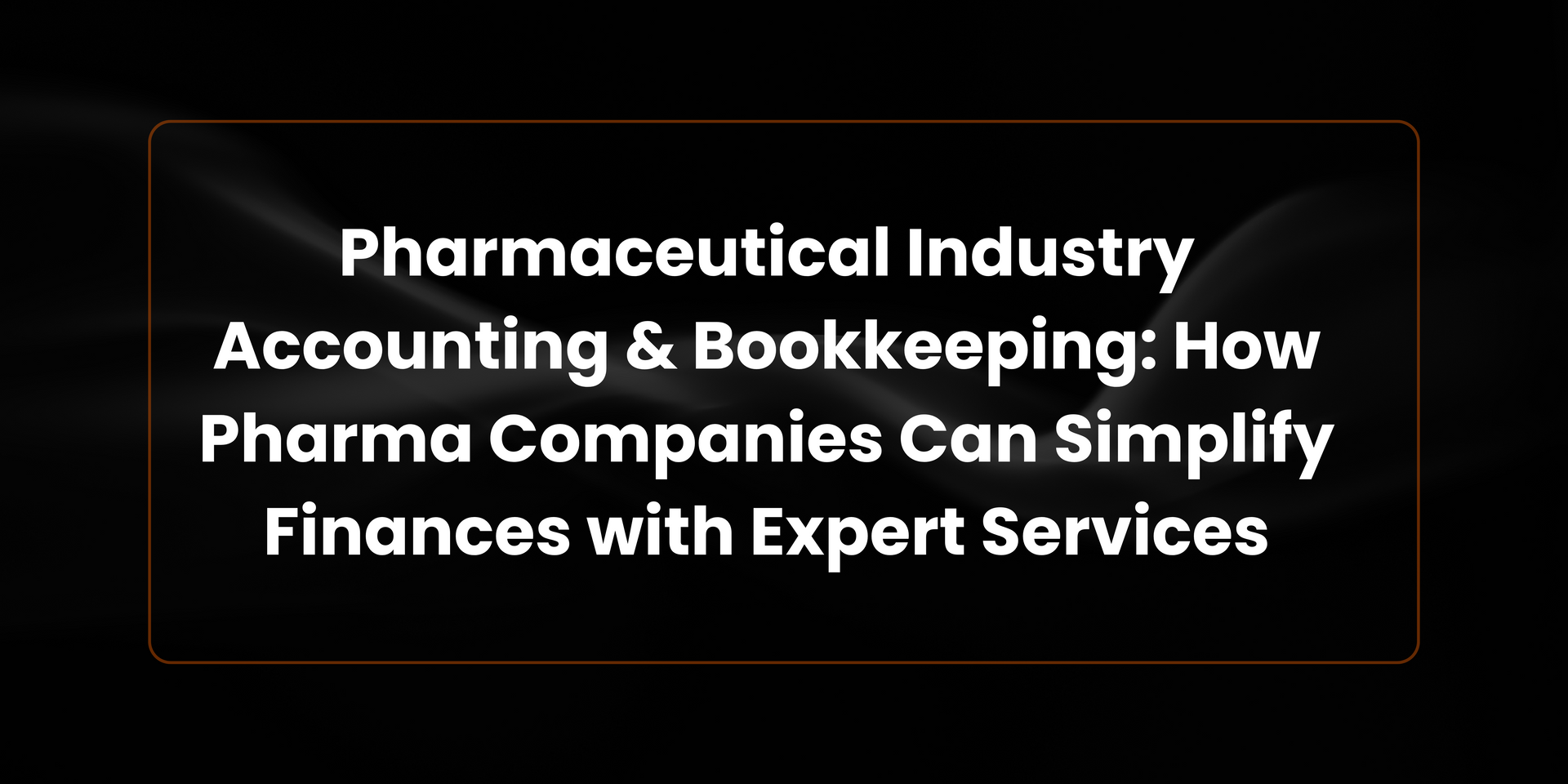California Cannabis Tax Survival Guide 2025: Expert Accounting Tips for Every Operator
California Cannabis Tax Survival Guide 2025: Expert Accounting Tips for Every Operator

Everything You Need to Know to Stay Compliant, Tax-Efficient & Ready to Grow.
By Otterz — Experts in Cannabis Accounting, Tax, CFO & Advisory Services.
Legal cannabis in California is booming—but if you're operating in this industry, you already know: growth comes with a mountain of red tape.
Whether you're running a dispensary in San Francisco, managing a cultivation site in the Central Valley, or launching a vertically integrated brand in SoCal, your path to success isn’t just about product. It’s about staying tax-smart, audit-ready, and compliant in a constantly shifting regulatory environment.
Let’s walk through what cannabis operators in California need to know in 2025—from taxes and 280E, to inventory control and practical strategies for surviving the state’s high compliance costs.
The Landscape: A Powerful Market With Persistent Challenges.
California remains the largest legal cannabis market in the U.S., but that scale comes with complexity. The market saw an $11B+ valuation in 2024, yet legal operators continue to face shrinking margins due to high taxes, competition from unlicensed sellers, and growing state regulatory costs.
San Francisco and the Bay Area are among the more progressive regions, with growing support for social equity businesses and cannabis-friendly zoning. But even here, the rules are layered, strict, and time-consuming.
Understanding Your Tax Obligations:
1. Excise Tax (State-Level):
As of July 1, 2025, California’s cannabis excise tax jumps from 15% to 19%, a major change passed to increase state revenue after eliminating the cultivation tax in 2023.
That 4% difference might sound small, but for operators already feeling the squeeze, it could be the difference between profit and loss.
2. Sales Tax (Local + State):
San Francisco cannabis retailers must also collect 8.625% sales tax, which includes California’s base rate plus local add-ons. Other cities may have higher or lower combined rates.
3. 280E & Federal Tax Rules:
Since cannabis remains federally illegal, IRC Section 280E prevents you from deducting regular business expenses like rent, marketing, or payroll.
The key workaround? Maximize your COGS (Cost of Goods Sold) under IRC 471. That includes direct costs like labor for cultivation, packaging materials, and some facility-related costs. Structuring your books correctly here can save tens of thousands annually.
Inventory & Compliance: The Backbone of Your Business.
California mandates Metric as the seed-to-sale tracking system. You’ll need to:
● Tag and trace every plant and product
● Reconcile inventory regularly (daily is best practice)
● Log transfers, destructions, and sales accurately
● Stay prepared for surprise audits from the DCC
Mistakes—even small ones—can result in penalties or suspension. If you're not syncing your POS with METRC or reconciling properly, you're at risk.
Real Strategies for Smarter Cannabis Finances.
We’ve helped cannabis businesses across California build stronger financial systems. Here’s what works in today’s regulatory climate:
● Reclassify Costs into COGS:
Work with a cannabis-specialized accountant to maximize your deductible expenses.
● Use a Multi-Entity Structure:
Separating operations (retail, cultivation) from real estate or management can help reduce tax exposure.
● Forecast Cash Flow with Tax in Mind:
Build reserves for your excise and sales tax obligations—don’t let surprise tax bills disrupt operations.
●
Get Audit-Ready Now:
Keep clean books, double-check METRC vs physical inventory, and document everything.
What to Watch in 2025!
● Excise Tax Increase:
Plan now for that 19% rate—adjust pricing, margins, or reduce non-COGS costs.
● State Budget Cuts Could Mean More Audits:
California’s cannabis oversight is under pressure—expect stricter enforcement and more audits to plug state revenue holes.
● Local Variability Matters:
San Francisco might be supportive, but neighboring counties can be far stricter. Know your city’s licensing, zoning, and inspection requirements.
You Don’t Have to Navigate This Alone!
At Otterz, we specialize in cannabis accounting, tax planning, CFO services, and advisory. We’re already helping operators across California stay compliant, reduce their tax burden, and grow their bottom line with the help of smart automation and real experts.
Want to get ahead of the 2025 tax season?
We’re offering cannabis audits covering 280E, 471, and tax planning for licensed operators.
Found this valuable? Share it with your friends and colleagues!

